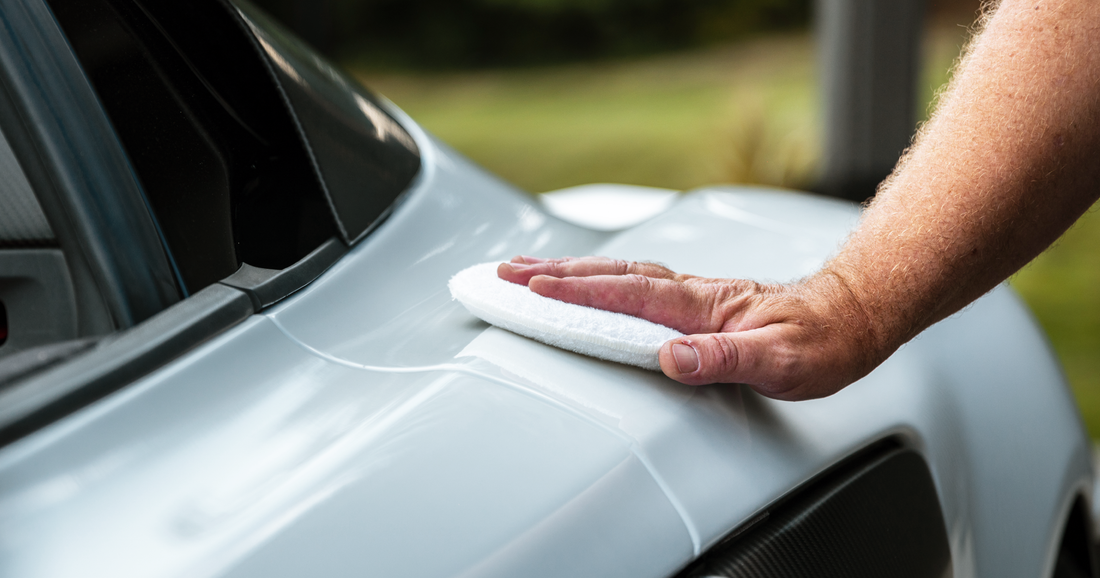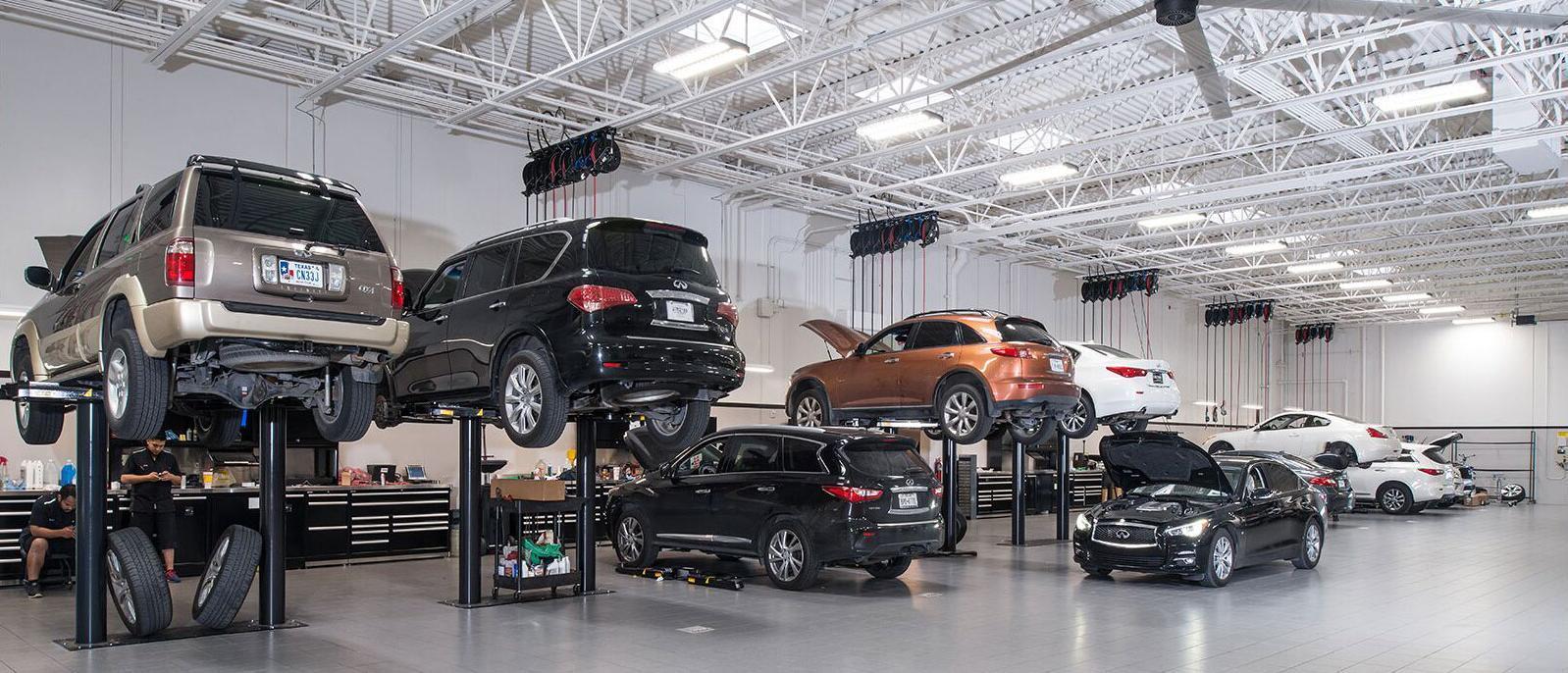All Categories
Featured
The transmission is among one of the most necessary parts of your automobile, guaranteeing that the engine's power is appropriately moved to the wheels. Whether you drive a automated or manual transmission, maintaining the transmission in leading problem is crucial to maintaining your automobile's general efficiency. Normal maintenance and timely repairs can protect against expensive concerns and maintain your auto running efficiently for years. Below's a guide to understanding transmission fixings and maintenance.
Checking and transforming your transmission liquid frequently is just one of the easiest ways to stop transmission issues. If the fluid is reduced or dirty, it can trigger the transmission to slide, overheat, or fail completely. Make certain to comply with the producer's referrals for fluid modification intervals and always use the proper liquid type for your lorry.
Sliding Equipments: If your automobile unexpectedly unclothes equipment or has difficulty remaining in the appropriate gear, it might be because of reduced liquid degrees, damaged parts, or interior damages.
Grinding or Uncommon Sounds: Any kind of grinding, whining, or clunking noises when changing equipments or driving could show issues with the transmission's bearings or gears.
Delayed or Rough Moving: If the transmission waits or really feels jerky when changing in between gears, it may suggest inner damage or a fluid problem. This can be especially noticeable when moving from park to turn around or drive.
Warning Lights: Take notice of your automobile's dashboard caution lights. If the check engine light or transmission-specific light shows up, it's time to obtain your transmission inspected.
![]()
Fluid Checks and Changes: Make it a practice to check your transmission liquid regularly. If it's low, leading it up; if it's dirty or blemished, change it. Fluid modifications are commonly advised every 30,000 to 60,000 miles, relying on the make and version of your automobile.
Display Leaks: Transmission fluid leaks are common and can be brought on by worn seals, gaskets, or fractures in the transmission real estate. Routinely examine for indicators of fluid leak below your automobile, specifically if you notice red or brownish liquid areas.
Transmission Filter Replacement: The transmission filter helps catch particles and impurities in the fluid. It can restrict liquid flow and cause damage to the transmission if the filter is clogged. Replacing the filter as component of your normal upkeep can prevent many possible problems.
Avoid Getting Too Hot: Overheating is a significant contributor to transmission failure. Stay clear of hefty towing, too much idling, and stop-and-go driving in heat, every one of which can emphasize the transmission and trigger it to overheat.
![]()
In situations where the transmission is severely harmed, you might need to consider a reconstruct or full substitute. A rebuild involves taking apart the transmission, changing worn or broken parts, and reassembling it, frequently at a lower expense than changing the entire unit. Changing the transmission might be the ideal option if the damage is substantial.
![]()
Several service center offer guarantees on transmission repair work, which can provide you peace of mind recognizing your financial investment is protected. Make certain to ask about warranties before agreeing to any major repairs.
Although transmission repair work can be expensive, staying on top of upkeep and resolving concerns early can aid stay clear of the demand for a complete transmission replacement, which can be a considerable economic concern.
Final thought. Transmission upkeep is crucial for the general health of your car. Routine fluid checks, prompt repair work, and complying with the producer's standards can make certain that your transmission remains in outstanding problem for years to come. Don't wait to visit a professional mechanic if you observe any of the signs of transmission problem. Early treatment can save you money in the future and avoid more considerable damages to your vehicle.
- Understanding Transmission Fluid. Transmission liquid is crucial for the smooth operation of your car's transmission. It functions as both a coolant and a lube, stopping the relocating components from overheating and reducing friction. Over time, the liquid can damage down and end up being polluted with dirt, metal shavings, and other debris, bring about harm within the transmission system.
Checking and transforming your transmission liquid frequently is just one of the easiest ways to stop transmission issues. If the fluid is reduced or dirty, it can trigger the transmission to slide, overheat, or fail completely. Make certain to comply with the producer's referrals for fluid modification intervals and always use the proper liquid type for your lorry.
- Indications of Transmission Troubles. Having the ability to determine the early indications of transmission problems can save you from pricey repairs or total transmission failing. Below are some common indications to see out for:
Sliding Equipments: If your automobile unexpectedly unclothes equipment or has difficulty remaining in the appropriate gear, it might be because of reduced liquid degrees, damaged parts, or interior damages.
Grinding or Uncommon Sounds: Any kind of grinding, whining, or clunking noises when changing equipments or driving could show issues with the transmission's bearings or gears.
Delayed or Rough Moving: If the transmission waits or really feels jerky when changing in between gears, it may suggest inner damage or a fluid problem. This can be especially noticeable when moving from park to turn around or drive.
Warning Lights: Take notice of your automobile's dashboard caution lights. If the check engine light or transmission-specific light shows up, it's time to obtain your transmission inspected.

- Transmission Upkeep Tips. Normal upkeep is important to extend the life-span of your transmission and keep it running efficiently. Right here are a couple of essential maintenance ideas to comply with:
Fluid Checks and Changes: Make it a practice to check your transmission liquid regularly. If it's low, leading it up; if it's dirty or blemished, change it. Fluid modifications are commonly advised every 30,000 to 60,000 miles, relying on the make and version of your automobile.
Display Leaks: Transmission fluid leaks are common and can be brought on by worn seals, gaskets, or fractures in the transmission real estate. Routinely examine for indicators of fluid leak below your automobile, specifically if you notice red or brownish liquid areas.
Transmission Filter Replacement: The transmission filter helps catch particles and impurities in the fluid. It can restrict liquid flow and cause damage to the transmission if the filter is clogged. Replacing the filter as component of your normal upkeep can prevent many possible problems.
Avoid Getting Too Hot: Overheating is a significant contributor to transmission failure. Stay clear of hefty towing, too much idling, and stop-and-go driving in heat, every one of which can emphasize the transmission and trigger it to overheat.

- When to Seek Transmission Services. It's important to have your transmission checked by a specialist mechanic if you experience any of the indications stated above. Early detection can usually avoid significant fixings or the need for a complete transmission replacement. Minor fixings, such as fluid top-offs or replacing a defective sensing unit, are fairly budget friendly and can help stay clear of more pricey problems.
In situations where the transmission is severely harmed, you might need to consider a reconstruct or full substitute. A rebuild involves taking apart the transmission, changing worn or broken parts, and reassembling it, frequently at a lower expense than changing the entire unit. Changing the transmission might be the ideal option if the damage is substantial.
- Selecting a Trustworthy Transmission Repair Work Shop. Transmission repairs call for specific knowledge and equipment. When looking for a service center, make certain that the specialists are educated and experienced in transmission job. A respectable shop will provide a detailed diagnostic of the problem and offer you a clear price quote of the fixing prices.

Several service center offer guarantees on transmission repair work, which can provide you peace of mind recognizing your financial investment is protected. Make certain to ask about warranties before agreeing to any major repairs.
- Cost of Transmission Fixes. Transmission repairs can vary commonly in cost depending on the nature of the trouble. Simple repair work like liquid replacement or sensing unit repair services can be fairly cost-effective, while significant fixings or replacements can encounter the countless dollars. The cost also depends on the type of car you have and the particular transmission system.
Although transmission repair work can be expensive, staying on top of upkeep and resolving concerns early can aid stay clear of the demand for a complete transmission replacement, which can be a considerable economic concern.
Final thought. Transmission upkeep is crucial for the general health of your car. Routine fluid checks, prompt repair work, and complying with the producer's standards can make certain that your transmission remains in outstanding problem for years to come. Don't wait to visit a professional mechanic if you observe any of the signs of transmission problem. Early treatment can save you money in the future and avoid more considerable damages to your vehicle.
Latest Posts
The Advantages of Chain Web Link Fence for Your Residential Property
Published May 15, 25
1 min read
Enhance Your Home's Outside with Weathercraft's House siding Solutions
Published May 15, 25
1 min read
Full-Service Project Implementation from Principle to Conversion
Published May 15, 25
1 min read
More
Latest Posts
The Advantages of Chain Web Link Fence for Your Residential Property
Published May 15, 25
1 min read
Enhance Your Home's Outside with Weathercraft's House siding Solutions
Published May 15, 25
1 min read
Full-Service Project Implementation from Principle to Conversion
Published May 15, 25
1 min read